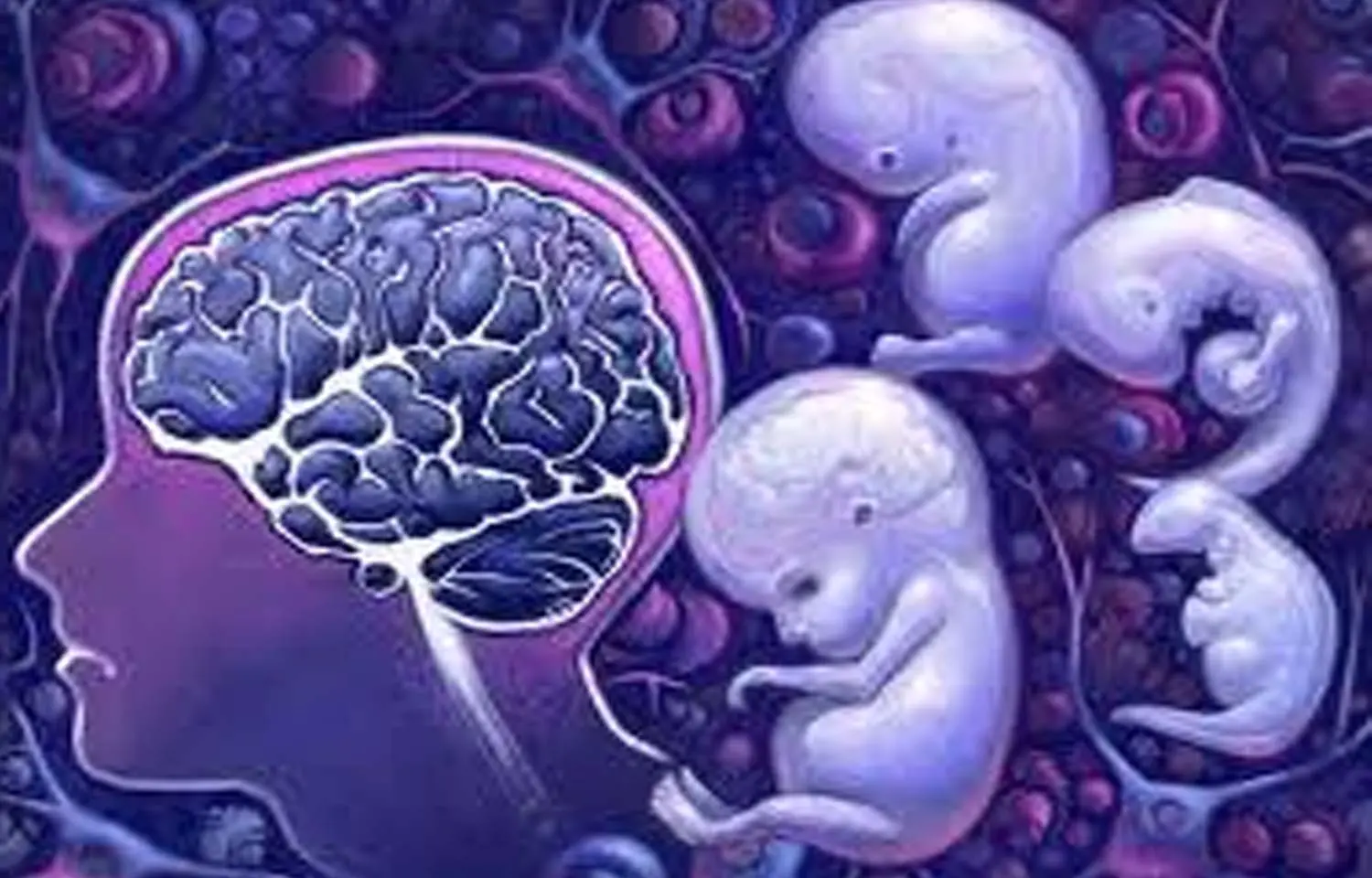- Home
- Medical news & Guidelines
- Anesthesiology
- Cardiology and CTVS
- Critical Care
- Dentistry
- Dermatology
- Diabetes and Endocrinology
- ENT
- Gastroenterology
- Medicine
- Nephrology
- Neurology
- Obstretics-Gynaecology
- Oncology
- Ophthalmology
- Orthopaedics
- Pediatrics-Neonatology
- Psychiatry
- Pulmonology
- Radiology
- Surgery
- Urology
- Laboratory Medicine
- Diet
- Nursing
- Paramedical
- Physiotherapy
- Health news
- Fact Check
- Bone Health Fact Check
- Brain Health Fact Check
- Cancer Related Fact Check
- Child Care Fact Check
- Dental and oral health fact check
- Diabetes and metabolic health fact check
- Diet and Nutrition Fact Check
- Eye and ENT Care Fact Check
- Fitness fact check
- Gut health fact check
- Heart health fact check
- Kidney health fact check
- Medical education fact check
- Men's health fact check
- Respiratory fact check
- Skin and hair care fact check
- Vaccine and Immunization fact check
- Women's health fact check
- AYUSH
- State News
- Andaman and Nicobar Islands
- Andhra Pradesh
- Arunachal Pradesh
- Assam
- Bihar
- Chandigarh
- Chattisgarh
- Dadra and Nagar Haveli
- Daman and Diu
- Delhi
- Goa
- Gujarat
- Haryana
- Himachal Pradesh
- Jammu & Kashmir
- Jharkhand
- Karnataka
- Kerala
- Ladakh
- Lakshadweep
- Madhya Pradesh
- Maharashtra
- Manipur
- Meghalaya
- Mizoram
- Nagaland
- Odisha
- Puducherry
- Punjab
- Rajasthan
- Sikkim
- Tamil Nadu
- Telangana
- Tripura
- Uttar Pradesh
- Uttrakhand
- West Bengal
- Medical Education
- Industry
No Increased Neurodevelopmental Risk in Children of Fathers Treated with Valproate: JAMA

A new analysis published in JAMA Network Open has revealed that children whose fathers were treated with valproate during spermatogenesis did not show an increased risk of neurodevelopmental disorders. This finding challenges earlier data from IQVIA, which was used to support a 2024 warning by the European Medicines Agency. The study was conducted by Jakob C. and fellow researchers.
The initial concerns arose from a study conducted by IQVIA, which reported a possible signal of heightened risk of NDDs among children whose fathers were taking valproate. Following this, researchers from Denmark performed an extensive cohort study based on nationwide register data, with the report initially published in March 2024. Access to the full IQVIA report was restricted at that time. Following the publication of the IQVIA data in May 2024, the Danish research group went back to their dataset, using the same definitions and methods to determine whether their results would correspond.
The Danish cohort study consisted of 1,180,308 singleton live-born children in Denmark from 1997 to 2017. Exclusion criteria were children born from in vitro fertilization, those with implausible or missing gestational age, and those with no known paternal identity. Exposure was defined as children of fathers with at least one filled prescription for valproate, lamotrigine, or levetiracetam during the period 120 days before through 14 days after the LMP of the pregnancy.
A further sensitivity analysis with a more restricted exposure window (60 days pre-LMP to 14 days post-LMP) was also conducted. Neurodevelopmental outcomes were followed from age 1 through to the end of 2018. The main analysis used Cox proportional hazards regression to estimate adjusted hazard ratios (aHRs) after adjustment for parental epilepsy, education, and other possible confounding factors.
Key Findings
• 961 children were exposed to paternal valproate monotherapy and 501 (52.1%) of them were males. Their median age at end of follow-up was 10.6 years.
• 1,401 children were exposed to levetiracetam or lamotrigine, of whom 725 (51.8%) were male with a median follow-up age of 5.5 years.
• There was no substantial association between paternal valproate exposure and risk of NDDs (aHR: 1.02, 95% CI: 0.67–1.54).
• Results were similar across various sensitivity analyses, such as stratification by valproate dose, time period, inclusion of polytherapy, wider NDD definitions, and fathers with epilepsy.
• In a subgroup analysis limited to fathers with epilepsy of unknown cause, an aHR of 2.48 (95% CI, 1.13–5.44) was seen but became nonsignificant after matching by birth year (aHR: 2.33, 95% CI: 1.00–5.44).
• Analyses that imitated the methods employed in the IQVIA study again found no elevated risk of NDD.
This large-scale Danish cohort study did not find evidence to substantiate an increased risk of neurodevelopmental disorder in children fathered by men treated with valproate during the time of conception. These results are contrary to previous observational evidence that signaled regulatory prudence and underscore the importance of transparency and peer-reviewed scrutiny of influential studies such as IQVIA's. Scholars demand that the entire analytical code and data of the IQVIA study be made available to the public for independent validation due to the severe consequences of EMA's precautionary action.
Reference:
Christensen J, Trabjerg BB, Dreier JW. Risk of Neurodevelopmental Disorders and Paternal Use of Valproate During Spermatogenesis. JAMA Netw Open. 2025;8(5):e2512139. doi:10.1001/jamanetworkopen.2025.12139
Dr Riya Dave has completed dentistry from Gujarat University in 2022. She is a dentist and accomplished medical and scientific writer known for her commitment to bridging the gap between clinical expertise and accessible healthcare information. She has been actively involved in writing blogs related to health and wellness.
Dr Kamal Kant Kohli-MBBS, DTCD- a chest specialist with more than 30 years of practice and a flair for writing clinical articles, Dr Kamal Kant Kohli joined Medical Dialogues as a Chief Editor of Medical News. Besides writing articles, as an editor, he proofreads and verifies all the medical content published on Medical Dialogues including those coming from journals, studies,medical conferences,guidelines etc. Email: drkohli@medicaldialogues.in. Contact no. 011-43720751


